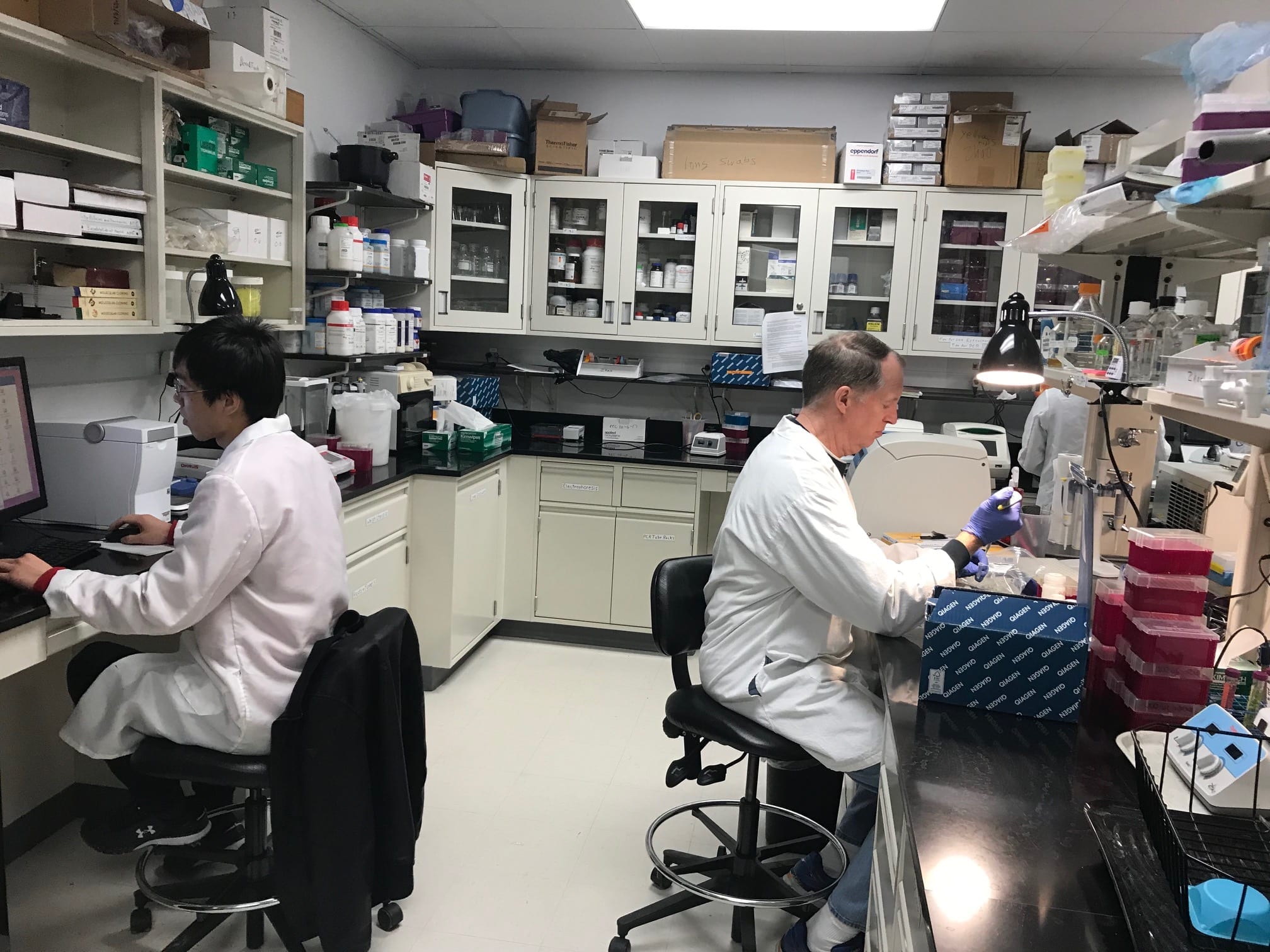Researcher Identifies Gut Microbiota Signatures of Healthy Aging

The Problem
People are living longer but suffer from many chronic diseases. Much research has tried to understand the genetic contributions to longer and healthier human life, but little progress has been made.
The Research
Dr. Jiangchao Zhao has investigated a new link between the gut microbiome and healthy aging. Working with collaborators in China, he found a community of people in Sichuan Province, China, who are notoriously long-living, spry and happy. A high percentage of the population live healthy lives into their 90s.
Using this community as a model, Zhao and his international colleagues are investigating how their gut microbiome differs from other age groups. Dr. Zhao and colleagues analyzed the big data generated from a next-generation MiSeq platform by using bioinformatics pipelines installed in the Arkansas High-Performance Computing Center and a machine learning technique called “Random Forest” to mine microbiota data from samples of feces from Sichuan elders and youth. Although the human gut microbiome is expected to become less diverse with age, allowing harmful bacteria to flourish, the gut microbiomes of the Sichuan community maintained diversity and even appears to have increased with age.
In an effort to determine if the diversity of the elders’ gut microbiomes are cause or effect related to healthy aging, Zhao and his collaborators are inoculating the guts of fruit flies. If the result is that the flies live longer and healthier, they plan to extend the research to larger animal models.
The Bottom Line
If diverse microbiota in the gut microbiome is demonstrated to be a causal factor in longer, healthier living, Zhao hopes to develop probiotics that can be commercialized to promote longer, healthier lives for humans.
The Researcher

Jiangchao Zhao
Assistant Professor in the Department of Animal Science since 2015
Zhao earned his bachelor’s degree in plant protection and his master’s degree in plant pathology at China Agricultural University. He earned a graduate certificate in bioinformatics and a Ph.D. in environmental microbiology at the University of Wisconsin-Madison. His research interests focus on the role that human and animal microbiome plays in health and diseases. His research approaches include multiomics, bioinformatics, statistics, big data, and mixed culture.
